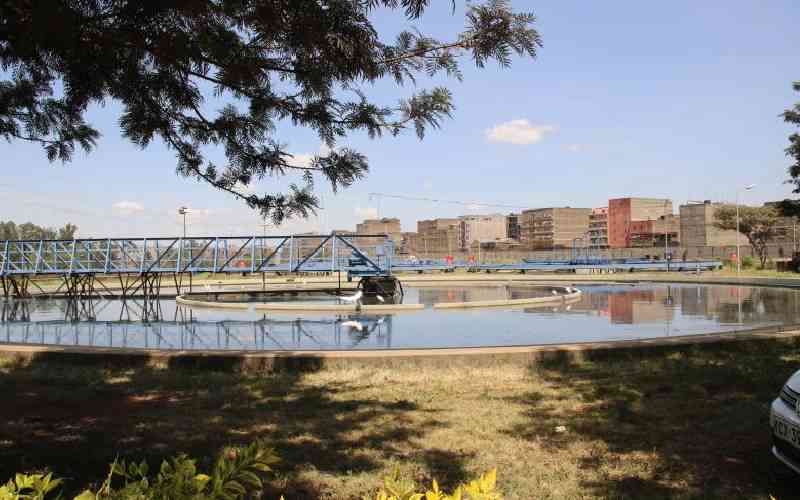×
The Standard e-Paper
Join Thousands Daily

The privatisation of Ruai sewerage land by Interior and National Administration Cabinet Secretary Kithure Kindiki raises pertinent questions that should not go unanswered.
The main one is what the motivation for the conversion of part of the Dandora Waste Water Treatment Plant's vast from public utility to private land is. Notably, Prof Kindiki's December 15 gazette notice set the ground for alienation of 1054.6 hectares out of the 1618.7 hectares set aside for the plant.